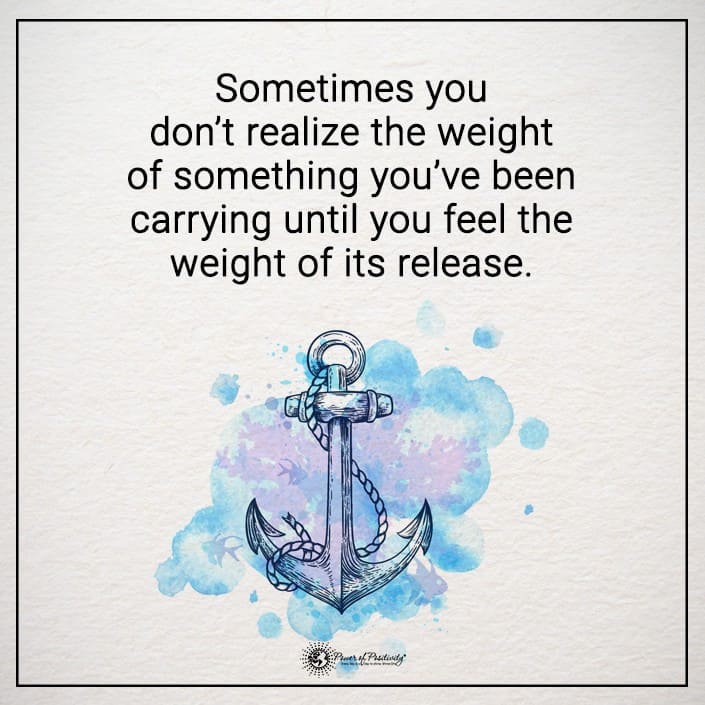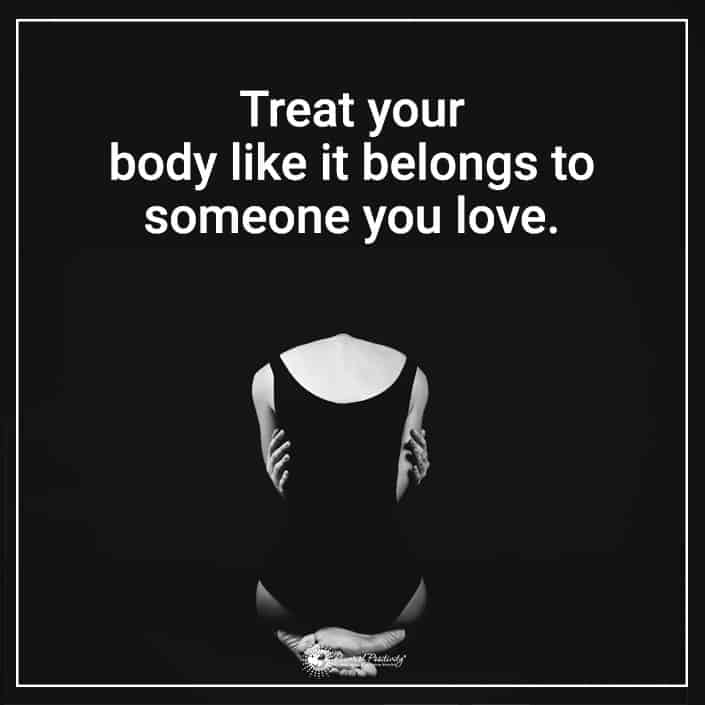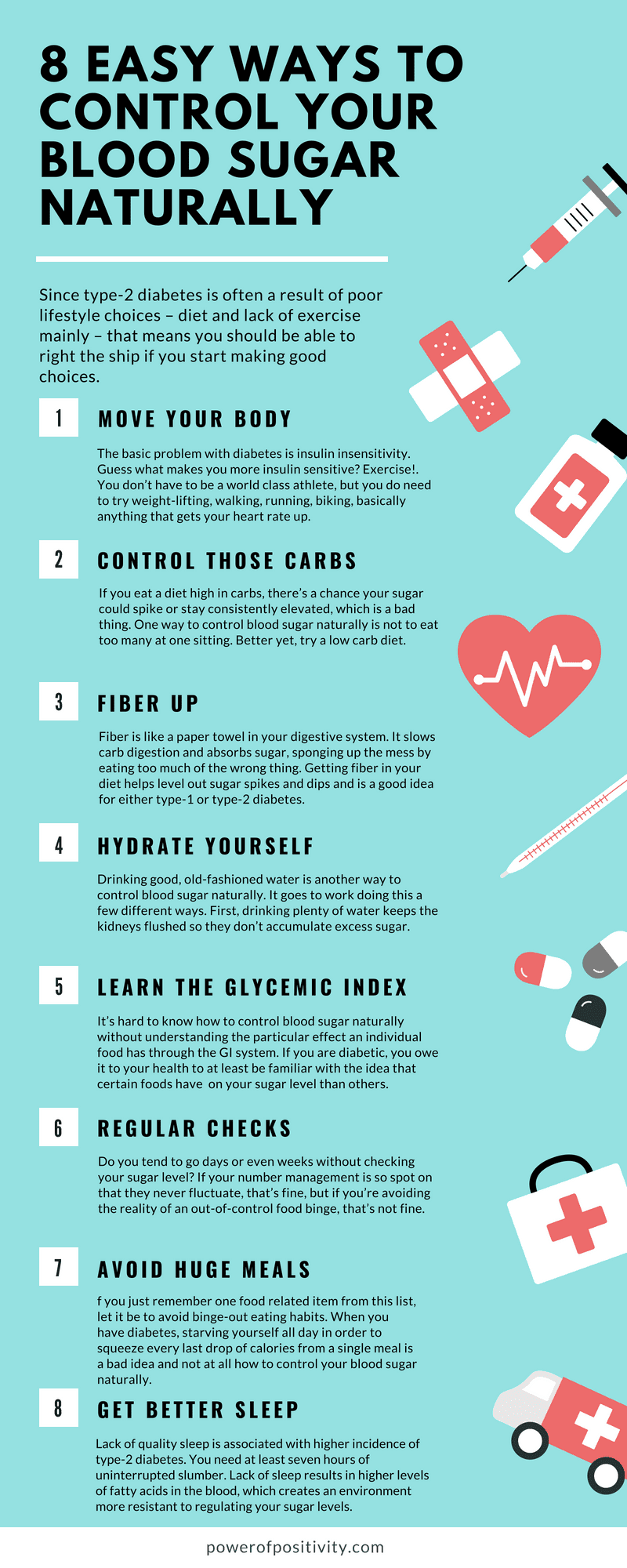Oftentimes, introverts feel that they must “correct” their personality in order to fit in with an extroverted world. To the introvert, the outside world can seem highly exhausting, overwhelming, and unnecessarily fast-paced. Our livelihood, politics, and how quickly and easily we make friends (among others things) often depends on us at least acting extroverted in order to mark our place in the world. Introverts often feel like they don’t fit in with this world where endless self-promotion supercedes quiet reflection. However, introverts certainly have an important role to play in our society, and have a lot of value to add to businesses, friendships, and the world in general.
Introverts can sometimes be mistaken for being shy, uncaring, or otherwise uninterested in their surroundings, but their brains are simply wired differently than that of extroverts. Introverts feel most energized alone, whereas extroverts obtain their energy from external sources. Researchers estimate that extroverts make up anywhere between 50-74 percent of the population.
Extroverted people seem to have the upper hand in many situations, but they can learn valuable lessons from their introverted counterparts.
Here are 7 things extroverts can learn from introverts:
Related article: 5 Recharging Techniques for Introverts
1. Listen more, talk less.
While we don’t want to pigeonhole the two personality types, in general, introverts make the better listener. Why? Well, simply put, they don’t talk nearly as much as extroverts. They spend more of their time observing their environment quietly rather than engaging with it directly. We don’t mean to suggest that extroverts should change their entire personality, but they could do well to listen to people more thoroughly before responding. Extroverts live in the outside world more than the inner world, so they may not pay as much attention to the feelings and social cues that others give off.
Extroverts, next time you go to a social gathering, try talking to a quieter group of people and notice how deeply they listen to you. Then, by emulating that behavior, you can deepen your relationships with others.
2. Take time to recharge.
In their means to find solitude from the outside world, the introvert enjoys spending time alone. They obtain their energy from quiet time by themselves rather than from being around tons of other people. While extroverts might initially find alone time incredibly boring and unstimulating, extroverts can greatly benefit from unplugging from reality for a while. Extroverts tend to move quickly and forget about their need for self-care, so they can learn self-awareness and taking time to recharge from introverts.
3. It’s okay to spend time alone sometimes.
In our society, spending time alone comes with a huge stigma. In the work environment, being able to work well with others is greatly stressed, and desiring to work alone is often seen as unsociable and unagreeable behavior. However, the truth is, learning how to love your own company is vital to living a healthy, happy life. If you never learn how to love yourself and form a relationship with yourself, it makes it difficult to have a deep, meaningful relationship with others.
Extroverts can learn that spending time by themselves can lead to a richer, more fulfilling life, and to make sure to always take time for themselves.
4. Engaging in deep conversations allows for more meaningful relationships.
Introverts live inside their minds more than in the “real world,” and have a lot of great conversation to share because of this. They might not be the life of the party, but if you want to have a stimulating conversation, an introvert can always deliver. They know that by getting past the small talk and really delving into important topics, they can get to know others on a deeper level. While extroverts are certainly capable of this kind of connection, they generally tend to keep conversation on the light, fun side.
Extroverts can learn from introverts to really dig deep and bring up the normally uncomfortable topics that most people tend to avoid because of social norms.
5. Think before you speak.
Introverts always think about what they’ll say before the words leave their mouth. This might be seen as a weakness or something to correct by some, but to introverts, it simply means they choose their words carefully. Extroverts normally let the words flow uninhibited, and while there isn’t an apparent problem with this, they could learn to slow down a bit and really think about their words so as not to say something they’ll regret later.
6. Quiet reflection keeps things in perspective.
Introverts go within in order to stay balanced in this crazy world. Extroverts might not need as much time alone to recharge, but paying attention to our thoughts and feelings helps us to figure out what we do and don’t want. For instance, if you feel tired, you probably shouldn’t go to that big party tonight, right? Well, extroverts would probably attend the party anyway, because they don’t pay as much attention to their inner world as introverts do.
Quiet reflection can also help you to slow down and remain grateful for all your blessings in life, something that extroverts could greatly benefit from.
7. Spending time in nature is healing.
Lastly, introverts tend to spend more time alone in quiet environments, such as out in nature. Extroverts can learn from introverts to explore more of our world alone, without the chaos and noise that accompanies most social situations.













